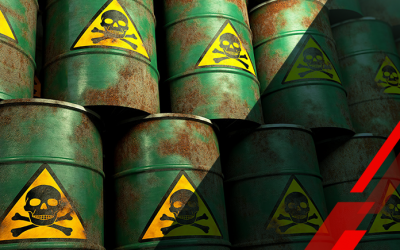In Virginia, if a private business, government agency, or some other enterprise determines that it generates hazardous waste, it is responsible for managing such waste from “cradle to grave,” meaning from its initial generation until its ultimate disposal.
Service Request
Have waste that requires compliant handling or disposal? Fill out our service form and an MCF Environmental Representative will get back to you quickly with next steps!
Please note we do not provide disposal services for household waste

















